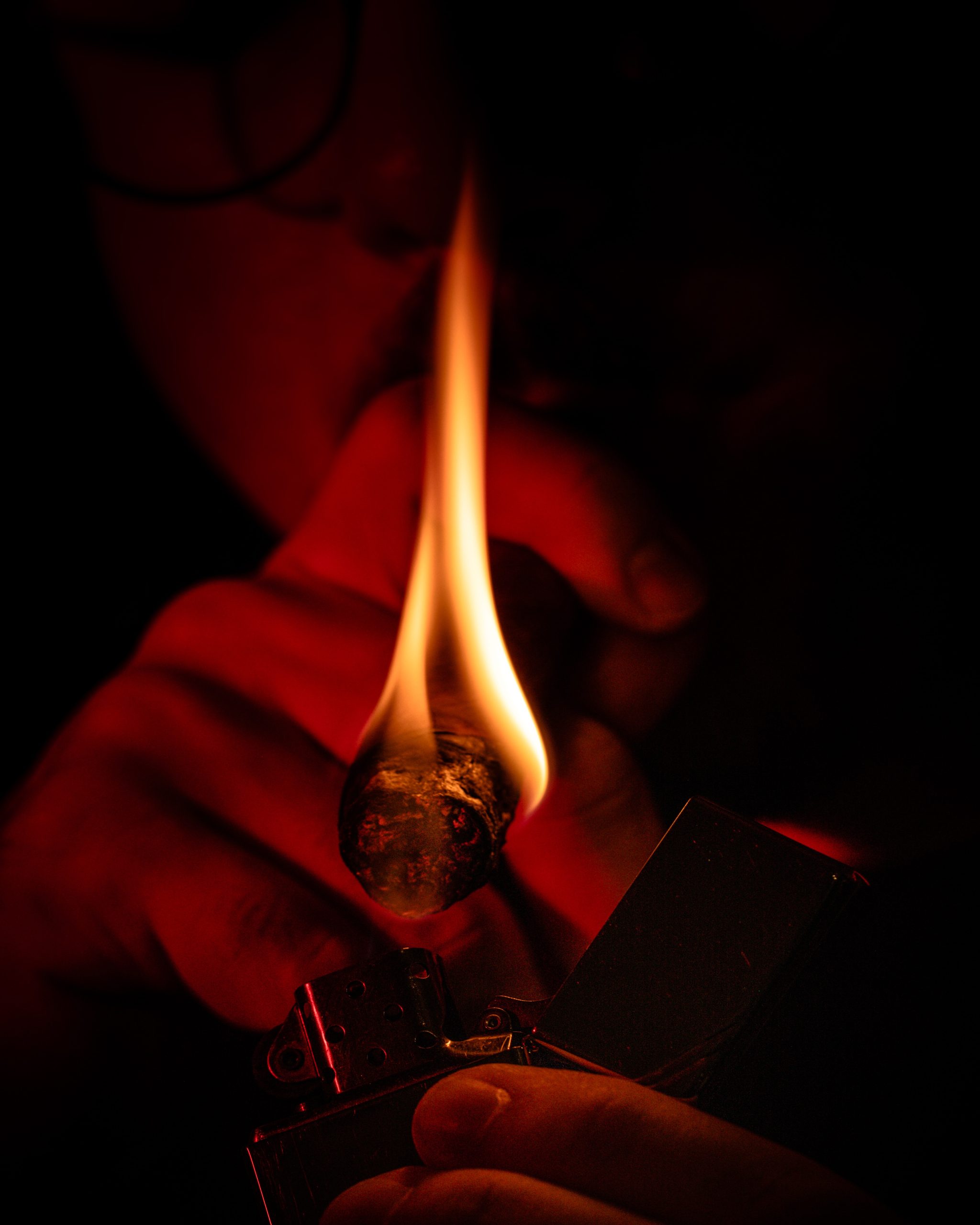In 2017, Hurricane Irma swept across Cuba and caused widespread damage to the country’s tobacco industry, which is known for producing some of the world’s finest cigars. The storm destroyed thousands of hectares of tobacco fields, damaged factories, and disrupted the supply chain, leading to a significant drop in production and exports.
However, the Cuban cigar industry has bounced back in recent years, thanks to a combination of resilience, innovation, and government support. According to official figures, Cuba exported $537 million worth of cigars in 2020, a 2% increase from the previous year, despite the challenges posed by the COVID-19 pandemic.
One of the main factors behind the industry’s recovery has been the adoption of new technologies and cultivation methods. Many farmers have switched to hydroponic farming, which involves growing plants in nutrient-rich water instead of soil. This technique allows for more efficient use of resources, higher yields, and better quality control.
In addition, cigar makers have invested in modernizing their factories and improving the quality of their products. They have introduced new blends, flavors, and packaging designs to cater to changing consumer preferences and attract younger generations of smokers.
The Cuban government has also played a crucial role in supporting the industry. It has provided financial aid, tax breaks, and other incentives to help tobacco farmers and manufacturers overcome the challenges caused by natural disasters, the U.S. embargo, and the pandemic.
However, the industry still faces some obstacles, such as the ongoing trade embargo by the United States, which prohibits Americans from buying Cuban cigars legally. This has led to a thriving black market and smuggling operations, which undermine the quality control and tax revenue of the legitimate industry.
Moreover, the increasing awareness of the health risks associated with smoking and the rise of anti-smoking laws and campaigns around the world pose a long-term threat to the viability of the tobacco industry, including Cuban cigars.
In conclusion, the Cuban cigar industry has shown remarkable resilience and adaptability in the face of adversity. It has rebounded from the devastation caused by Hurricane Irma and the challenges of the pandemic, thanks to innovation, modernization, and government support. However, it still faces significant challenges, both internal and external, that require sustained efforts to overcome.




